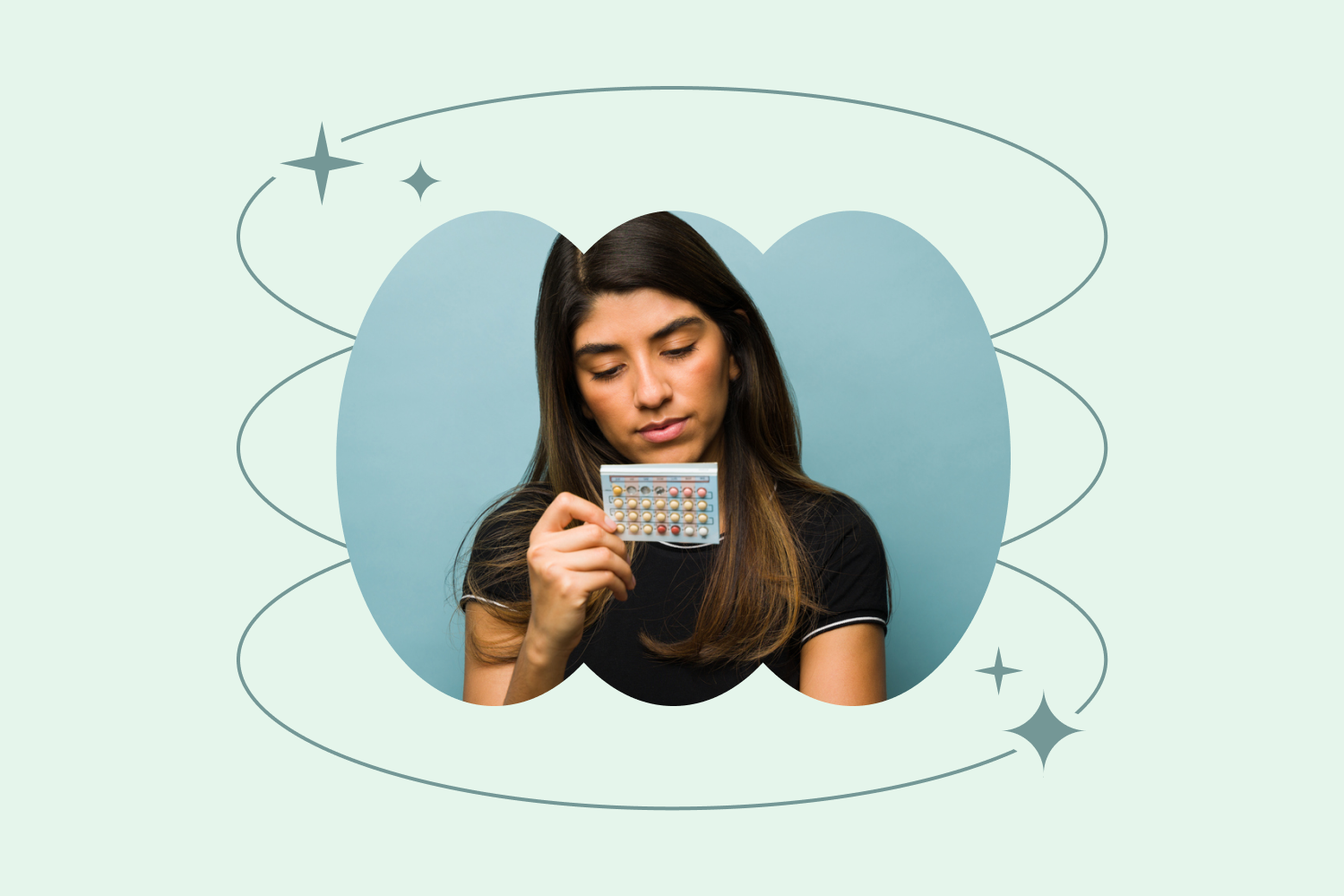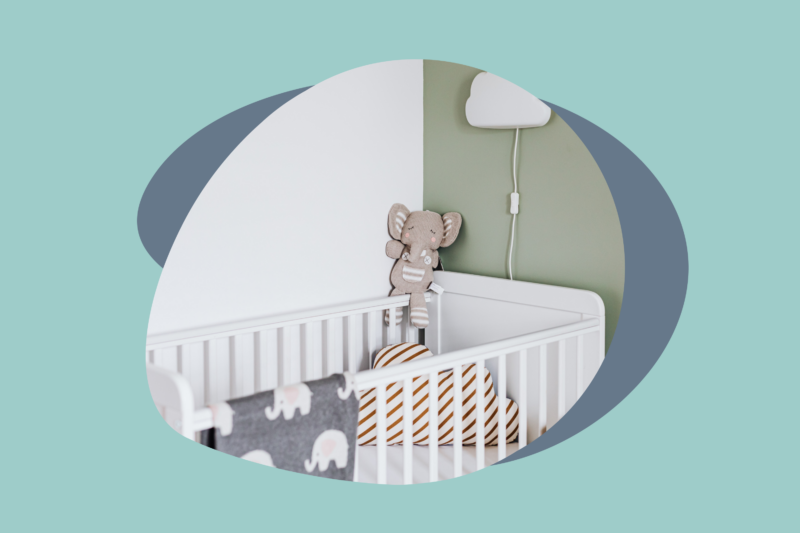Non-hormonal Birth Control After Withdrawal
Have you been on the pill or other hormonal birth control for a while and are considering stopping? Maybe you are looking to get pregnant or you are hoping to switch to a non-hormonal or natural birth control method? Knowing what to expect when you stop will set you up for a less stressful transition.

What is birth control withdrawal?
Hormonal birth control methods use synthetic hormones to stop ovulation. When you stop taking the contraceptive you are changing your body’s hormones and will most likely experience some noticeable changes. What side-effects and symptoms you experience can depend on what kind of birth control you were on and what dosage you were taking.
Some of the most common symptoms and side effects include:
- False period – bleeding a few days after stopping your birth control
- Heavier or more painful periods
- Mood swings
- Headaches
- Acne
- Hair loss or excessive body hair growth
- Changes in your sex drive
- Weight changes – changes in appetite are more common oral contraceptives and the depo-provera shot
Most of these side effects go away after a few weeks of being off your birth control. However, everyone’s experience is different because everyone’s body reacts to the contraceptive and therefore the withdrawal of it in different ways.
Also, be aware that if you had uncomfortable symptoms prior to going on birth control those might return when you stop. Some women go on the pill to alleviate cramping or acne and will most likely experience those again once they stop taking birth control.
If you went on the pill to treat a health issue such as endometriosis or PCOS you will most likely experience those symptoms again. These conditions and the management of the symptoms should be discussed with your doctor prior to discontinuing your birth control regimen.
Many women start birth control at a young age and don’t get the chance to experience what normal cycles feel like. After stopping a hormonal method you might notice some changes in your body or cycle that are quite normal, but you never experienced. For example, mid-month you might feel mild cramping on one side of your pelvis. This is associated with ovulation, which is when the ovary is releasing an egg.
Alternative birth controls
If you are not ready to conceive and still need birth control there are several non-hormonal options.
The most common non-hormonal options are barrier methods such as:
- condoms (male and female)
- cervical cups
- Diaphragms
- sponges with spermicide.
These methods are used only during sexual intercourse and need to be planned to have on hand. It is also important that you understand how to properly use these methods to prevent pregnancy. If not used properly, there is a high failure rate with these methods.
If you are looking for a non-hormonal option that you don’t have to carry with you might want to consider a copper IUD. This method needs to be placed by your healthcare professional, but once inserted in your uterus the copper acts as a natural spermicide to prevent pregnancy.
Other common natural methods are based on timing and personal control. These contraceptives include:
These methods might be less reliable at pregnancy prevention and do not protect against STDs. However, they are natural options that do not require a fitting of a special device or hormonal alterations.
Fertility awareness is a good option for tracking your most fertile days and planning sexual intercourse accordingly. It is also a good way to get to know your own body and hormone changes. Using trackers such as Mira makes tracking your menstrual cycle and fertility easy.
Lactational amenorrhea occurs right after giving birth and when you are exclusively breastfeeding. This temporary infertility can last up to six months, but is different for every woman. Using breastfeeding as a form of birth control has to be done perfectly in order to work.
This means you must be exclusively breastfeeding and doing so every 4 hours during the day and every six hours at night. Obviously, this method is only an option for new mothers. It is great for when you don’t want to use medications while caring for a newborn.
Whatever method of birth control you choose it is important to understand how it works, possible side effects, and effectiveness. If you have had issues with hormonal birth control, natural and non-hormonal options are great alternatives. Find the method that you are most comfortable with and always consider seeking professional medical advice to find the best option for you.
Mira’s Editorial Process
All content produced by Mira meets stringent editorial standards, ensuring excellence and accuracy in language and medical precision. Every piece undergoes thorough fact-checking and review by qualified professionals. Check out our full editorial process to learn more.










